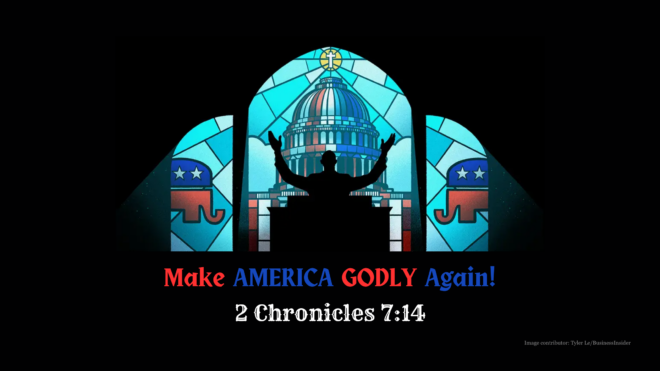I found this on the New York Times website. Comparative linguistics, or philology, has been one of my favorite subjects since my high school days, though I could hardly converse about it with my friends; it was the era of “Little Deuce Coupe” and the surf culture was fading from its earlier dominance (interestingly enough, the height of the early surf culture, especially in terms of the two distinct types of surf music it produced, was simultaneous with the era in which “Mad Men” is set). And I have been looking for an excuse to post on comparative linguistics for some time. Note that the hero of C. S. Lewis’s “Space Trilogy” was a ‘philologist;’ I hope I don’t get drafted to go to some other planet and try to kill some demon-possessed guy with my bare hands!
I confess that I only for the first time last night ever saw any episode of the show. Yes, the culture was exotic, but I didn’t notice anything particularly exotic about the language. The one character that the video mentions who talks more formally may not have been in that episode. But I do remember being able to observe, though not participate in, the real business culture of the era in which it is set! Most striking is a scene from “Breakfast at Tiffany’s,” which I saw on video a few years ago, which is a rowdy party among artistic types. Now “Breakfast at Tiffany’s” was a movie actually made at the time, in the early 60s, and can be expected to be a faithful document of the culture. First of all, these are artistic types, supposedly, but they are all dressed in business suits as if they were bankers or accountants! Second, they are all smoking cigarettes indoors, and in not always the safest way – how barbaric! Third, all their drinking glasses are filled with Scotch or some form of whiskey, and there is not a single drop of wine, white or red, to be seen – this is the strangest thing of all! (In these respects the “Mad Men” episode was quite faithful.) If I had not actually lived in that era, I would have thought the plot was set in some alternative universe. It must be pointed out, by the way, that the values of Holly Golightly, the leading character, famously played by Audrey Hepburn, do almost perfectly anticipate the late 60s and the 70s and seem very familiar to us today. And, by the way, if you watch some of the great 50s Broadway musicals, during an era when they really did appeal to both – as we would now call it – Red and Blue America, in particular “South Pacific” and “The Music Man,” they clearly do anticipate what we would now think of as “60s values.”
The linguistic vice that the actual early 60s Madison Avenue advertising world was made fun of for in the day was the “-wise” suffix. They were stereotyped as using sentences like, “This makes sense markets-wise, but not profits-wise.” Not having actually listened to “Mad Men,” I don’t know whether this particular feature peppers their speech – and McWhorter and Zimmer make no reference to it.
What I can testify is to what was upheld in my speech class in the academic year of 1964-65. (‘English’ classes, that rather unequally yoked a blend of grammar, usage, and vocabulary studies with literary studies, were very good at my school, but they focused on the written language, not speech.) Traditional contractions, like isn’t and doesn’t, were fine. (It was a fairly high-end private school and no one used ain’t or the singular don’t except as a joke, or in song lyrics, where they have been appropriate since long before the rock and roll era. Middle and upper class young white people in California don’t use those even now, it seems. I spent some time in Texas in the 70s, and it’s different there.) But if you were giving a speech, going to, want to, and the –ing ending were to be pronounced as spelled, and words like that (as conjunction), for, to, and other weak forms were to be pronounced with the strong vowel wherever they occurred and not the neutral one. I should note that I remember no objection to pronouncing what, was, of, from, and because with the uh-vowel even when stressed; that was standard by then, at least in California and the Midwest, even though dictionaries were only just barely beginning to admit it. My mother and stepmother both consistently pronounced the –ing ending as spelled, and only recently have I got out of that habit.
Historically, incidentally, the –ing ending was a merger of three different older Germanic endings:
- -ing, the ending for the gerund, a verbal noun (German –ung) an example of which is the word ending itself!
- –end(e), the present participle ending, spelled the same in German.
- A memory of –en, the infinitive ending, which by Chaucer’s time, just before 1400, had degenerated to –e (Dutch still writes –en but often pronounces –e)
Chaucer used the –inge or –ynge spelling for both the gerund and the participle, probably reflecting a London dialect that never really caught on. The –ing spelling became standard when the printing press came to England a hundred years after Chaucer, but the pronunciation never did.
In the language of texting, and subsequently that of Facebook, it has become common to use renditions of oral speech like gunna or gonna, -in or –in’, (why use the apostrophe? It’s like conceding that this form is somehow inferior!) and things like that. More peculiar is when clearly very white Anglo looking people use Black English spellings like ‘Imma’ which are probably not their native speech but have some, it would seem, prestige value.
In the future I will do some posts on phonemics, or whether words are perceived as being pronounced the same or differently, and how some of those rules may be changing.
Video: “Bloggingheads: ‘Mad Men’ Anachronisms” at NYTimes.com



